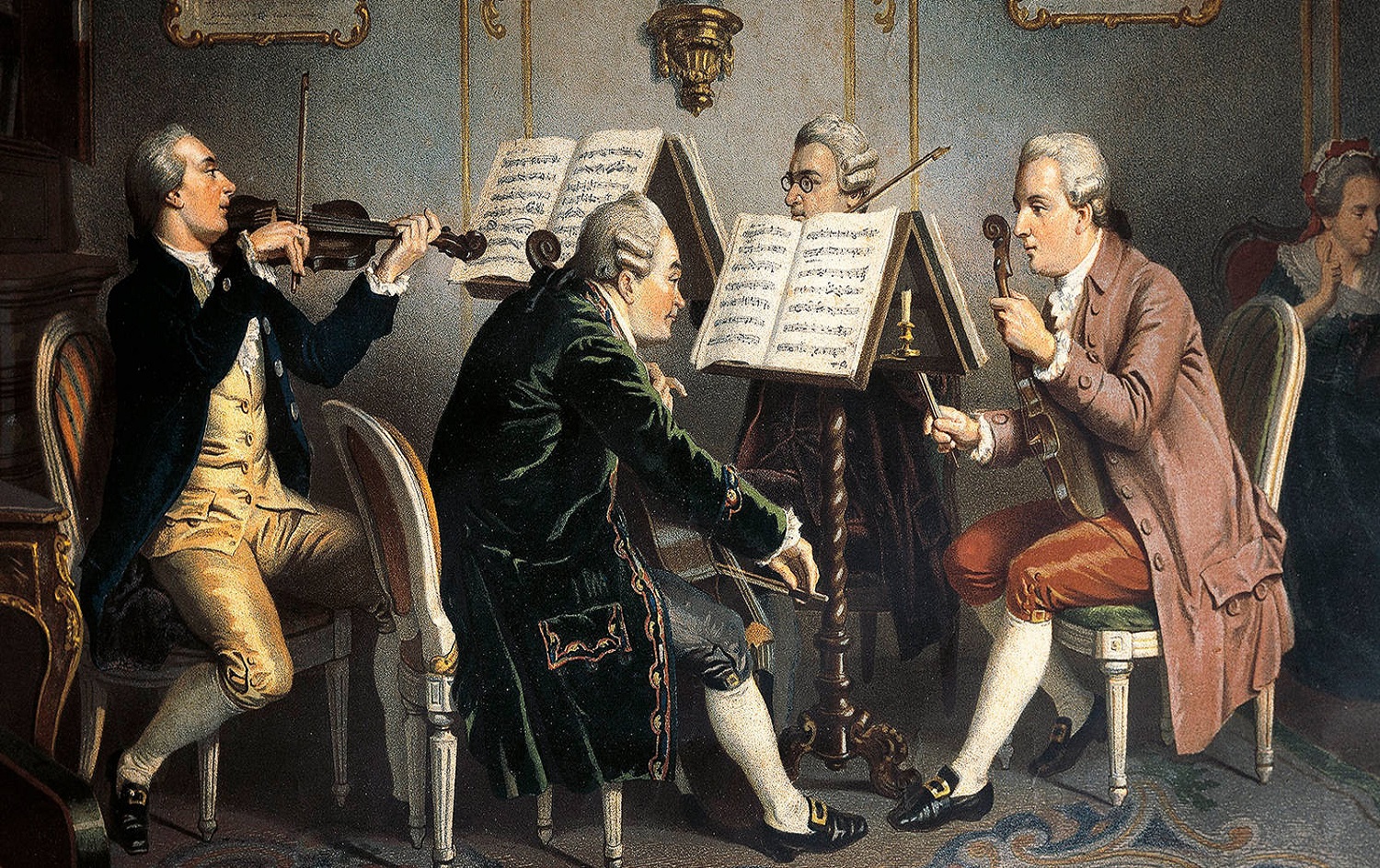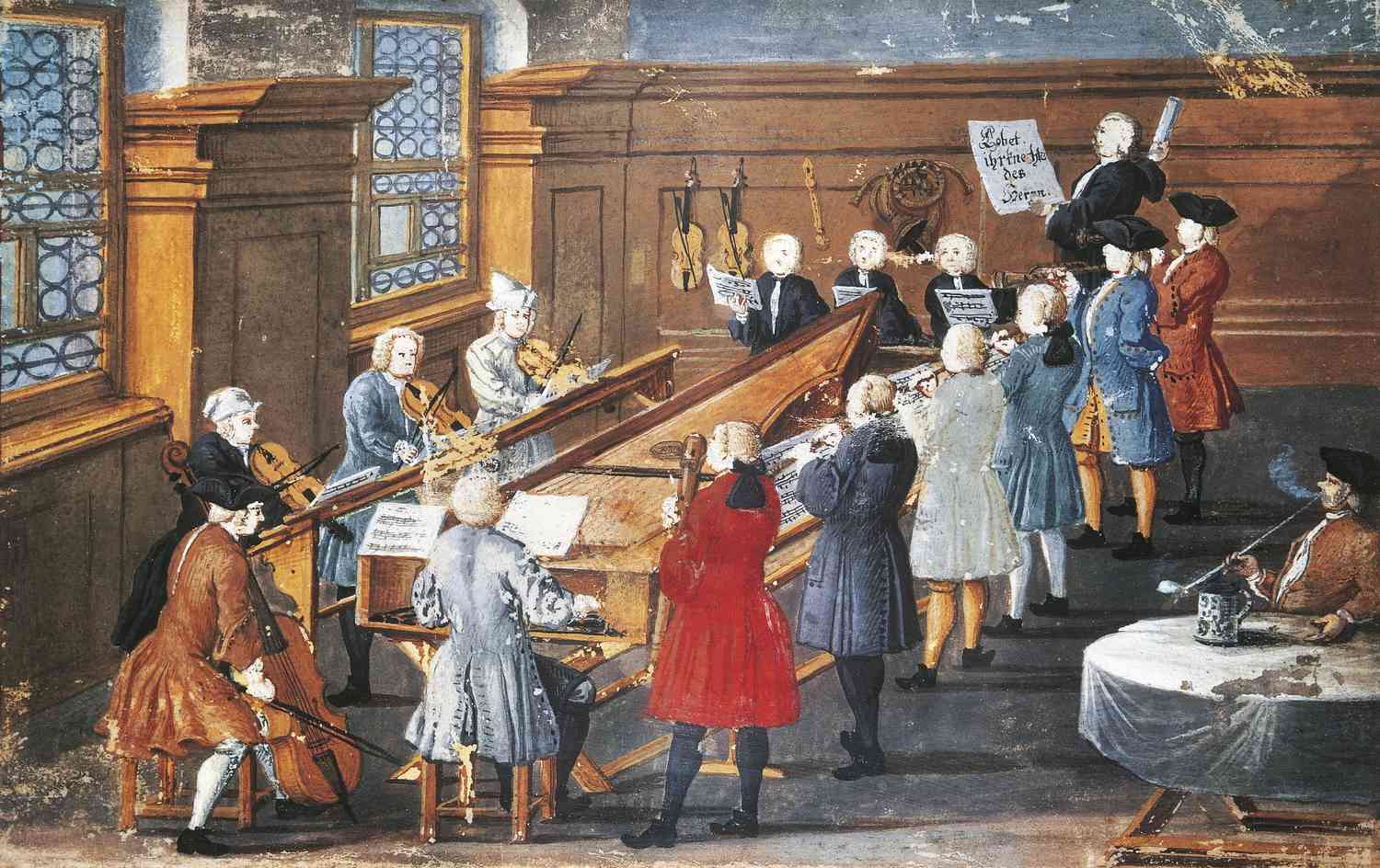About us
Top Classical Music
Top Classical Music is a project whose objective is to spread the history of classical music and baroque music. We are the biggest educational website specializing in composer biographies and music history.
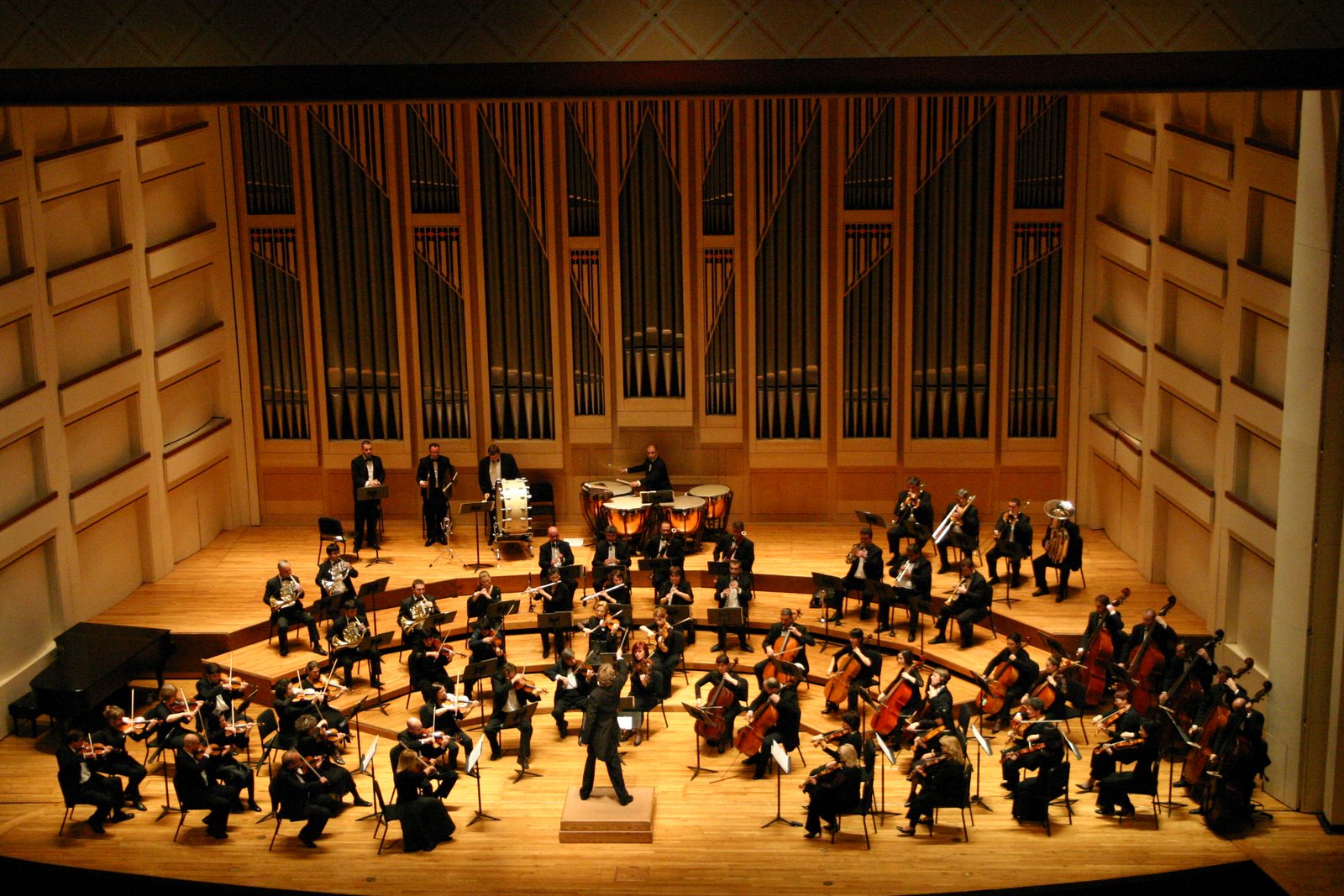
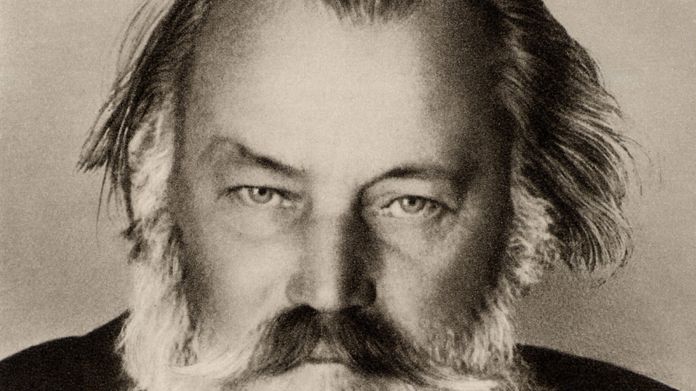
Brahms – Symphony No. 4
Johannes Brahms’ Symphony No. 4 in E minor, Op. 98 stands as one of the most profound and masterful[…]
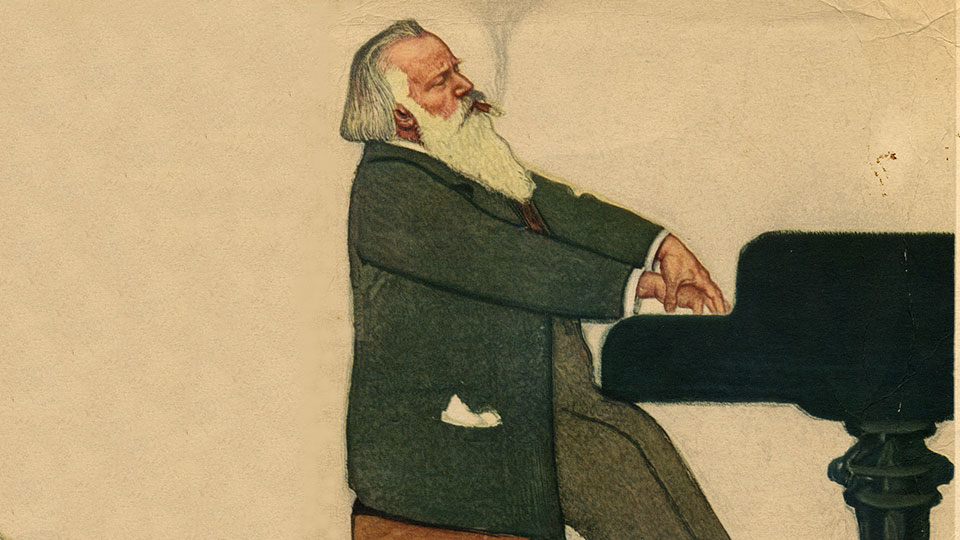
Brahms – Wiegenlied
Few melodies are as universally recognized and cherished as Johannes Brahms’ Wiegenlied, commonly known as Brahms’ Lullaby. This timeless[…]

Brahms – Violin Concerto
Johannes Brahms’ Violin Concerto in D major, Op. 77 is one of the most celebrated violin concertos in the[…]

Brahms – German Requiem
Johannes Brahms’ Ein Deutsches Requiem (A German Requiem) stands as one of the most profound choral works in classical[…]

Brahms – Academic Festival Overture
Johannes Brahms, one of the most celebrated composers of the Romantic era, composed the Academic Festival Overture, Op. 80,[…]

Brahms – Hungarian Dances
Johannes Brahms’ Hungarian Dances (Ungarische Tänze) stand among the most famous and beloved works in the classical repertoire. Composed[…]
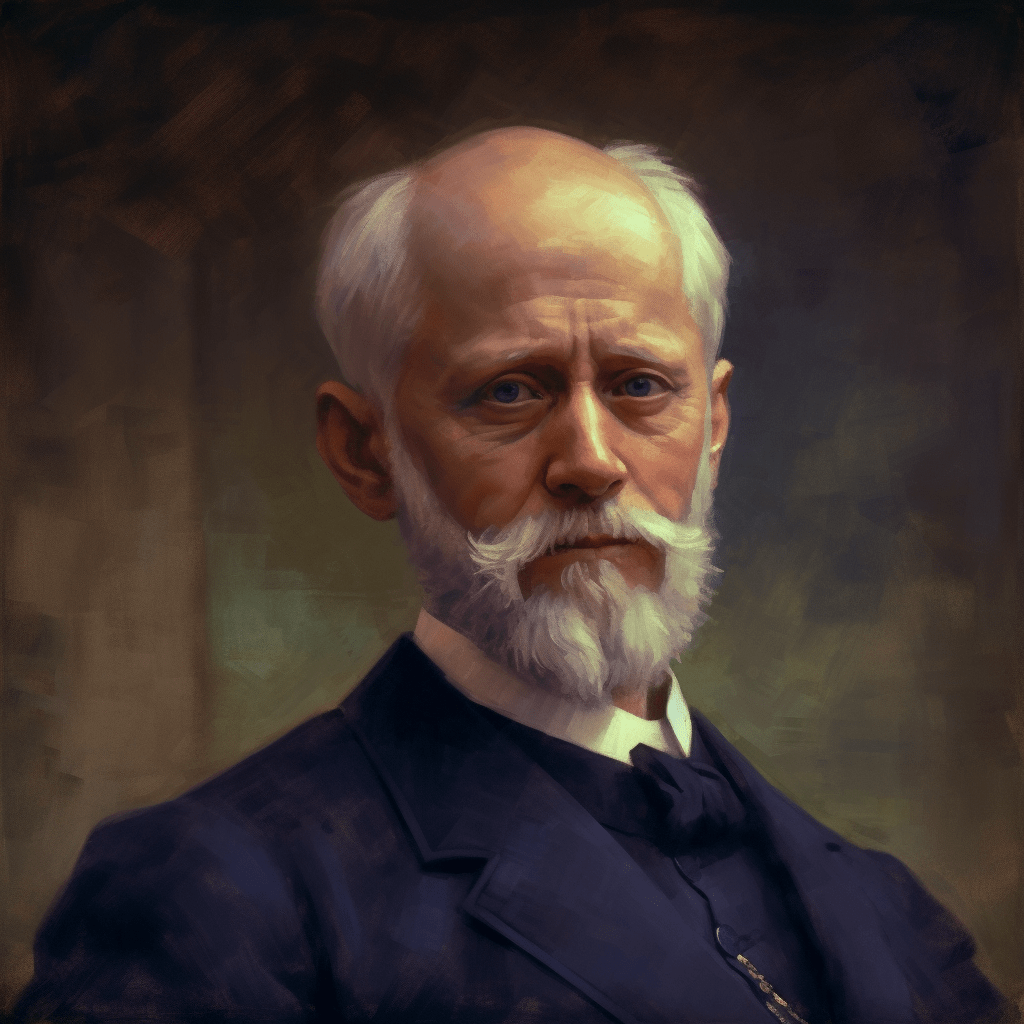
Tchaikovsky – Romeo and Juliet Fantasy
Pyotr Ilyich Tchaikovsky’s Romeo and Juliet Fantasy-Overture stands as one of the most celebrated orchestral works inspired by William[…]
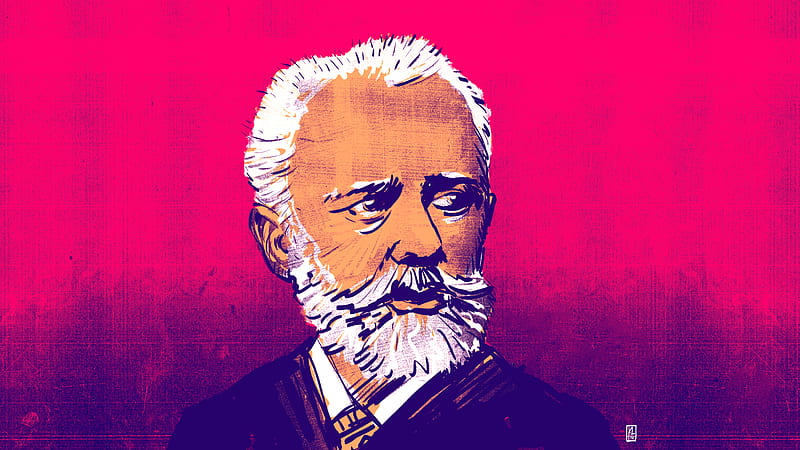
Tchaikovsky – Symphony No. 6 ‘Pathétique’
Pyotr Ilyich Tchaikovsky’s Symphony No. 6 in B minor, Op. 74, popularly known as the Pathétique, is one of[…]

Tchaikovsky – Violin Concerto in D major
Pyotr Ilyich Tchaikovsky’s Violin Concerto in D major, Op. 35, is one of the most beloved and frequently performed[…]

Tchaikovsky – Eugene Onegin
Eugene Onegin is one of Pyotr Ilyich Tchaikovsky’s most celebrated operas, a masterpiece of Russian lyric opera that beautifully[…]

Tchaikovsky – Piano Concerto No. 1
Pyotr Ilyich Tchaikovsky’s Piano Concerto No. 1 in B-flat minor, Op. 23 is one of the most famous and[…]

Tchaikovsky – The Sleeping Beauty
he Sleeping Beauty, one of the most celebrated ballets in the classical repertoire, is a masterpiece of both music[…]

Tchaikovsky – Swan Lake
Few ballets have captivated audiences worldwide as profoundly as Swan Lake, the iconic masterpiece by Pyotr Ilyich Tchaikovsky. This[…]

Tchaikovsky – The Nutcracker
Among the most famous and beloved ballets in the world, The Nutcracker by Pyotr Ilyich Tchaikovsky has become a[…]
